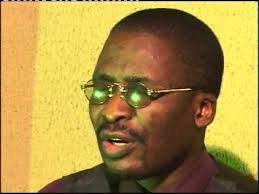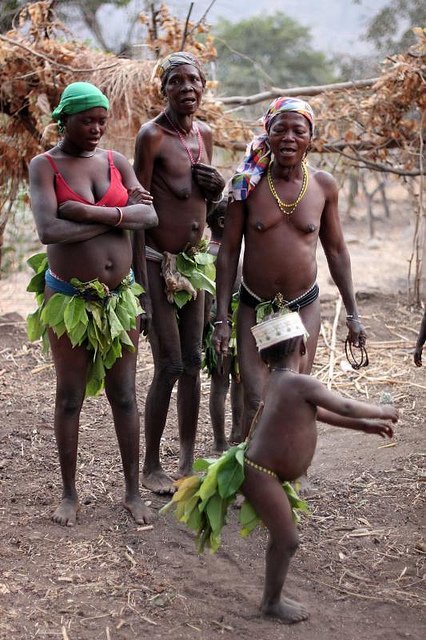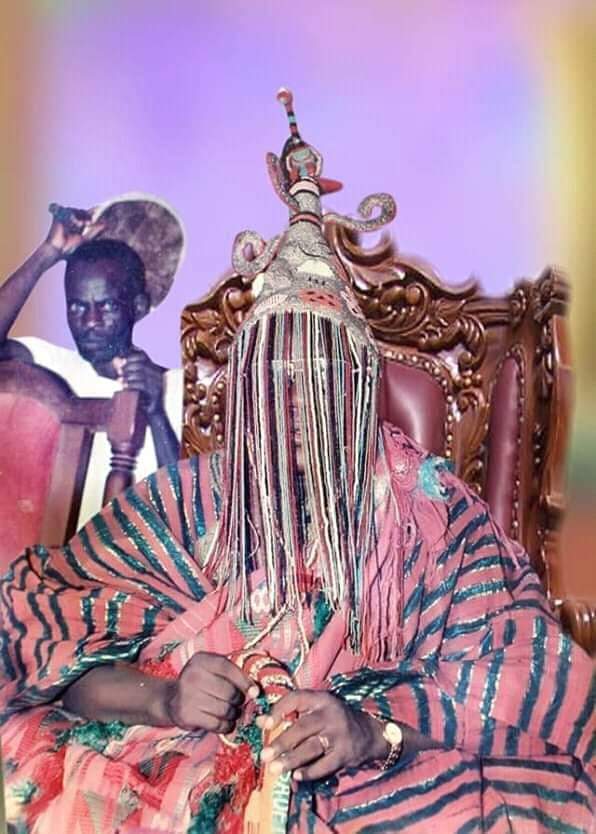Yorùbá medicine, or egbòogi, is an African system of herbalism practiced primarily in West Africa and the Caribbean.
Often times, people ask questions about the origin and development of traditional medicine among the Yoruba people. This paper attempts to unravel the historical development of Yoruba traditional medicine. Furthermore, the paper narrated the method of health care, diagnosis, treatment and specialization among the TMPs in the past centuries. The role of religious belief in traditional medicine was also explained, as well as magical and mystic practices in traditional medicine. While describing the introduction of orthodox medicine into Nigeria the paper highlighted the current patterns of modernization of traditional medicine and products, and ends with a note of the key areas that require Government’s attention in improving traditional medicine in Nigeria.
Traditional medicine (TM) has been defined as the alternative or non-conventional modes of treatment often involving the use of herbs in a non-orthodox manner as well as the process of consulting herbalists, mediums, priests, witch doctors, medicine men and various local deities when seeking a solution to diverse illnesses. Traditional medicine includes herbal medicine, bone setting, spiritual therapies, circumcision, maternity care, psychiatric care, massage therapy, aromatherapy, music therapy, homeopathy and a lot of others. In the same vein, a Traditional Medicine Practitioner (TMP) has been defined as “a person who is recognized by the community in which he lives as competent to provide health care by using vegetable, animal and/or mineral substances and certain other methods based on the social, cultural and religious background as well as the knowledge, attitudes and beliefs that are prevalent in the community regarding physical, mental and social wellbeing and the causation of diseases and disability”. Specialists in traditional medicine include herbalists, bone setters, traditional psychiatrists, traditional paediatricians, spiritual therapists, local surgeons, traditional birth attendants (TBA), occult practitioners, herb sellers and general practitioners among others. The Yoruba people dominate the South-western part of Nigeria. The population was approximately 30 million, which was about 21% of the entire Nigerian population. According to Abimbola, some Yorubas are also located in the modern Republics of Benin and Togo in West Africa and also in Cuba and some Caribbean countries. Some of the major settlements in Yoruba land are Ibadan, Lagos, Abeokuta, Ijebu-Ode, Ilesha, Ado-Ekiti, Osogbo, Ogbomoso, Ilorin and Ile-Ife. Ile-Ife is the popularly accepted religious-cultural centre for all the Yoruba people. The Yoruba nation has several sub-groups like the Ekiti, Ijesa, Oyo, Egba, Ijebu, Yewa and Igbomina, in addition to Ondo, Akoko and even the Edos. Yoruba land is characterized by forest vegetation as well as patches of derived savanna types arising basically from human activities like bush burning for agricultural and hunting purposes. The main traditional occupations of the people include farming, fishing, blacksmithing, pottery and indigenous medical practices.
Order APHRODISIAC AND HERBAL RECIPE BOOK:
Order via SELAR: https://selar.co/qadi
Order via AMAZON: https://www.amazon.com/Aphrodisiac-Herbal-Recipe-Book-Ultimate-ebook/dp/B09HPXV33Q




.jpeg)




0 Comments